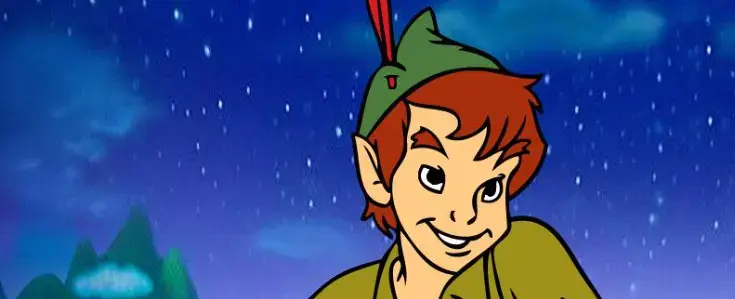When most people discuss perpetual copyrights, they’re usually its at least somewhat hyperbolic.
Outside of Mexico, copyrights in every nation expire and works become free for others to use without permission or royalty.
However, there is one interesting exception to that rule: Peter Pan.
Through a special bill in the U.K., the boy who never grows up has been granted a copyright that, at least in part, will never expire.
While the case of Peter Pan is certainly an unusual one, it raises much larger questions about the purpose of copyright, how long copyright terms should be and what the function of copyright law should be.
So it’s worth taking a moment to understand how the boy who won’t grow up became the boy who won’t completely enter the public domain.



Why do you assume because I listed the most prominent example of GOSH’s censorship, that it was the only one? GOSH also litigated against Canadian author J. E. Somma. In both cases, GOSH settled out of court, and in both cases GOSH enforced a lack of transparency over the settlement as part of the terms. The point of these examples is to demonstrate that GOSH went beyond the bounds of mere royalty collector when they saw the chance, not to demonstrate chilling effect.
Chilling effect is not about the books that survived the gauntlet of publication to make it to the litigation stage; it’s about all the ideas that never had a chance to blossom because the threat of copyright enforcement nipped them in the bud. Part of what makes this kind of corporate theft so insidious is that it is impossible to count the works it prevented from existing, or judge the social good they would have done.
“The motion will be heard on March 18, 2005”
Oh look, another one BEFORE the 2007 change in status.
I’m really don’t have the spoons for your lack of understanding on this basic fact. Besides your bizarre instance that authors require the free use of someone else’s characters to express their ideas instead of, oh I don’t know, creating their own characters to express those ideas.
I’m disappointed by your condescending tone. I can see we’re talking past each other, and I’m happy to end this conversation here.